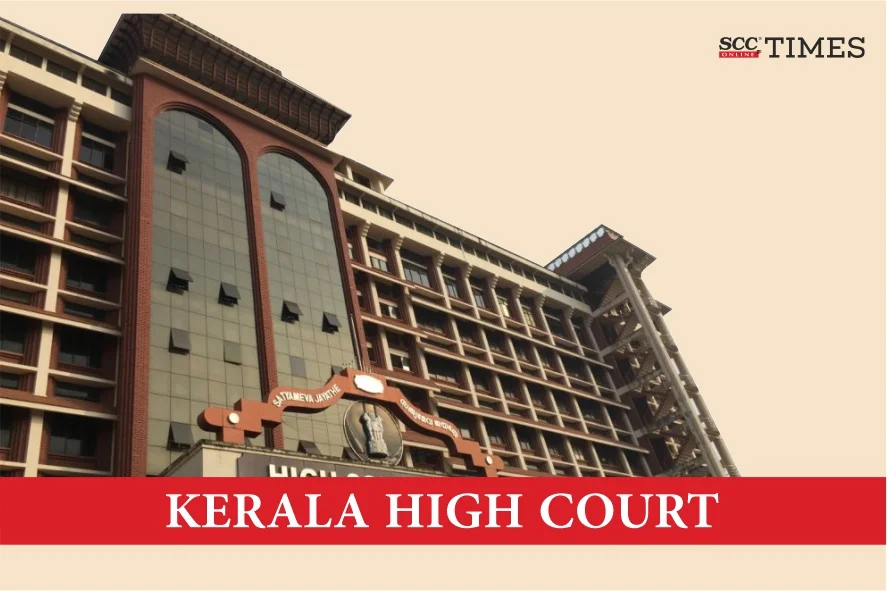Kerala High Court: In a criminal revision petition filed by the petitioner-husband under Section 397 read with Section 401 of the Code of Criminal Procedure, 1973 (‘CrPC’), against the order passed by the Sessions Judge , reversing the Magistrate’ order which directed the husband to pay maintenance during the period of Iddat and also fair provision and maintenance, G. Ajithkumar, J. held that the Sessions Judge erred in entertaining and deciding the appeal, as it was beyond the judge’s jurisdiction. When the law does not provide a specific remedy or authority for such appeals, the judgment passed in the appeal is deemed non-est, meaning it has no legal standing and can be disregarded. As a result, the original order passed by the Magistrate remains valid and in effect.
The Court said that when an application is filed under Section 3(2) of the Muslim Women (Protection of Rights on Divorce) Act, 1986 (‘the Act’), the Magistrate is expected to consider and pass an order as provided under Section 3(3) of the Act. There is no provision in the Statute enabling the party aggrieved by that order to prefer an appeal. No provision in the Act enables reading into it the provisions concerning appeals in the Code also. In the absence of a provision in the Act for filing appeals against orders under Section 3(3), provisions governing appeals in the Code can be resorted to only if there is legislation by incorporation in the Act, either express or implied, of the provisions governing appeal under the Code. There is no such incorporation to the Act.
The Court clarified that the only provision that empowers a Magistrate dealing with a petition under Section 3(2) of the Act to bring in procedure in the Code is Rule 4 in the Muslim Women (Protection of Rights on Divorce) Rules, 1986. Rule 4 provides for following the procedure in the Code in the matter of recording evidence, and not in relation to any other aspects. Thus, no appeal to the Sessions Court is possible against an order under Section 3(3) of the Act.
The Court took note of Ganga Bai v. Vijay Kumar, AIR 1974 SC 1126, wherein the Supreme Court while considering the scope of appeal in civil cases, held that appeal is a statutory right and is maintainable only when some statute provides the remedy of appeal.
The Court said that Sessions Judge committed an error in entertaining and deciding the appeal. It was without jurisdiction. When such a remedy is not provided in law, the judgment in the appeal is a non-est and can only be ignored. The result is that the order of the Magistrate remains valid.
The Court mentioned that when the husband filed an appeal, and the appellate court entertained the same, it can certainly be said that the husband prosecuted the matter with bona fides. Therefore, the Court permitted the husband to challenge the order of the Magistrate in an appropriate proceeding under Section 14 of the Limitation Act, 1963.
[Shani v. Muhammed Kunju, 2024 SCC OnLine Ker 6632, decided on 07-11-2024]
Advocates who appeared in this case:
For Petitioner: Advocate K.K.John, Advocate Sri.Asish K.Joh
For Respondents: Advocate Sri.B.Mohanlal, Senior Public Prosecutor Sri. C.N. Prabhakaran







